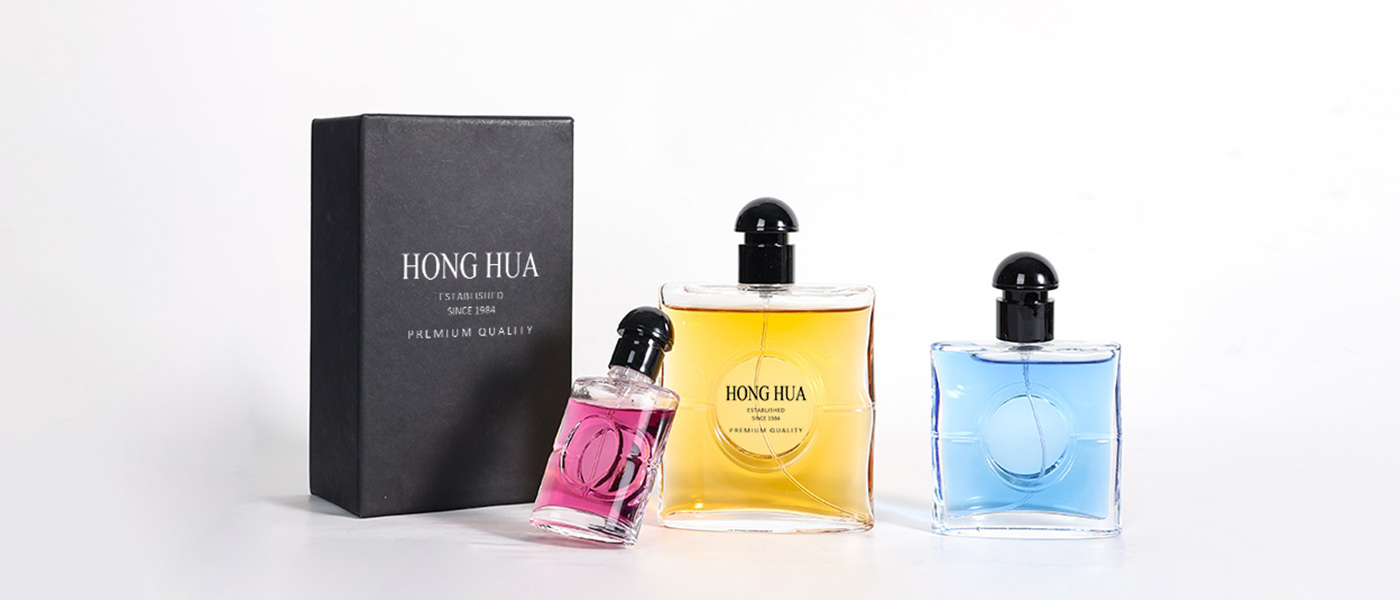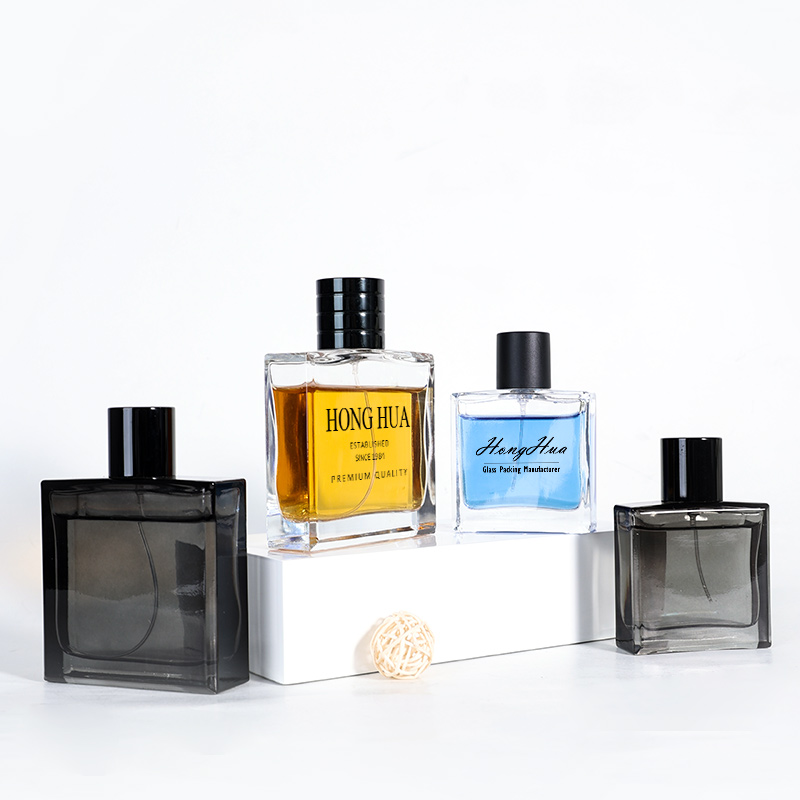Perfume has captivated humanity for centuries with its enchanting fragrances and the allure of its elegant packaging. But have you ever wondered how these exquisite perfume bottles are made? Understanding the manufacturing process of glass perfume bottles not only deepens our appreciation for their artistry but also highlights the innovation in the perfume industry. This article delves into the intricate journey from molten glass to the finished perfume bottle, revealing the craftsmanship behind every bottle of perfume.
The Evolution of Perfume Bottles
The history of perfume dates back to ancient civilizations, where fragrances were stored in simple containers. Over time, the design of the perfume bottle has evolved significantly. Early bottles were often made of materials such as ceramics and metals. However, as glassmaking techniques advanced, glass bottles became the standard due to their ability to preserve the quality of the perfume and showcase its appearance.
Why Glass is the Material of Choice for Perfume Bottles
Glass is the material most commonly used in perfume bottle manufacturing for several reasons:
·Transparency of glass allows consumers to see the perfume inside, adding to its aesthetic appeal.
·Glass is non-reactive, ensuring that the fragrance remains unaltered.
·It offers versatility in bottle design, allowing for unique shapes and intricate details.
Materials Used in Perfume Bottle Manufacturing
The primary materials used in perfume bottles include:
·Molten glass: The base material for the bottle itself.
·Plastic components: Often used for pump bottles and caps.
·Metal accents: For decorative elements and functional parts like spray mechanisms.
These materials used to create perfume bottles are carefully selected to ensure durability and compatibility with the perfume.
The Manufacturing Process of Glass Perfume Bottles
How are perfume bottles made? The manufacturing process involves several steps:
1.Batch Mixing: Raw materials like sand, soda ash, and limestone are mixed to form the glass batch.
2.Melting: The mixture is heated in a furnace to create molten glass.
3.Forming: The molten glass is poured into molds to create the desired shape of the bottle. This can be done through glass 4.blowing or machine pressing.
5.Annealing: Bottles are cooled slowly in an annealing oven to remove stress and prevent cracking.
6.Inspection: Each perfume bottle goes through quality checks to ensure they meet standards.
7.Decoration: Bottles may be painted, frosted, or engraved to enhance their design.
Modern Techniques in Perfume Bottle Production
Advancements in technology have introduced 3D modeling and automation in perfume bottle manufacturing. Bottle manufacturers now use 3D models of the bottle during the design phase to refine aesthetics and functionality before production.
Different Types of Perfume Bottles
The perfume industry offers a variety of bottle types, including:
·Classic glass perfume bottles
·Dropper bottles for oils and concentrates
·Airless bottles to protect sensitive fragrances
·Plastic perfume bottles for affordability and durability
These different types of perfume bottles cater to various consumer needs and brand identities.
The Role of Bottle Design in the Perfume Industry
The design of the perfume bottle plays a crucial role in marketing and consumer appeal. A unique and attractive bottle design can set a perfume brand apart in a competitive market. Unique bottle designs often become collector’s items and contribute to the world of perfume bottle design.
Ensuring Quality: How Perfume Bottles are Inspected
To ensure that the perfume bottle meets quality standards:
·Bottles are typically inspected for imperfections.
·Materials such as glass are tested for durability.
·The production process is monitored to maintain consistency.
Quality control is essential to protect the perfume inside and maintain the brand’s reputation.
Sustainability in Perfume Bottle Production
Eco-conscious consumers are influencing the move towards sustainable practices. Glass containers are recyclable, and some manufacturers are exploring:
·Violet glass bottles that extend shelf life.
·Refillable perfume bottles to reduce waste.
·Using recycled materials in bottle production.
Choosing the Right Perfume Bottle Manufacturer
Selecting a reliable glass bottle manufacturer is vital for businesses. Factors to consider:
·Experience in manufacturing perfume bottles
·Ability to produce bottles that meet international standards
·Customization options for bottle design and production
·Compliance with certifications like FDA and other safety standards
One such reputable manufacturer is Furun, known for their high-quality glass perfume bottles and extensive customization options.
Frequently Asked Questions
What materials are used to create perfume bottles?
Perfume bottles are typically made from glass, but can also include plastic, metals, and other materials for components like caps and sprays.
How does the manufacturing process affect the perfume?
The manufacturing process must ensure that the materials used do not react with or degrade the fragrance, preserving the quality of the perfume.
Why is glass preferred over plastic for perfume bottles?
Glass is used because it is non-reactive, preserves the fragrance, and offers a premium look. While made of plastic bottles are available, they are less common in luxury perfumes.
Conclusion
The journey of creating a perfume bottle is a blend of art and science. From selecting the right materials used in perfume bottles to the intricate bottle design, each step is crucial in delivering a product that not only holds the fragrance but also enhances the user experience. Understanding how perfume bottles are made gives us a deeper appreciation for these everyday luxuries.
For high-quality, customizable perfume bottles, consider exploring options from trusted manufacturers like Furun and their range of unique perfume bottles.
Post time: Nov-21-2024










